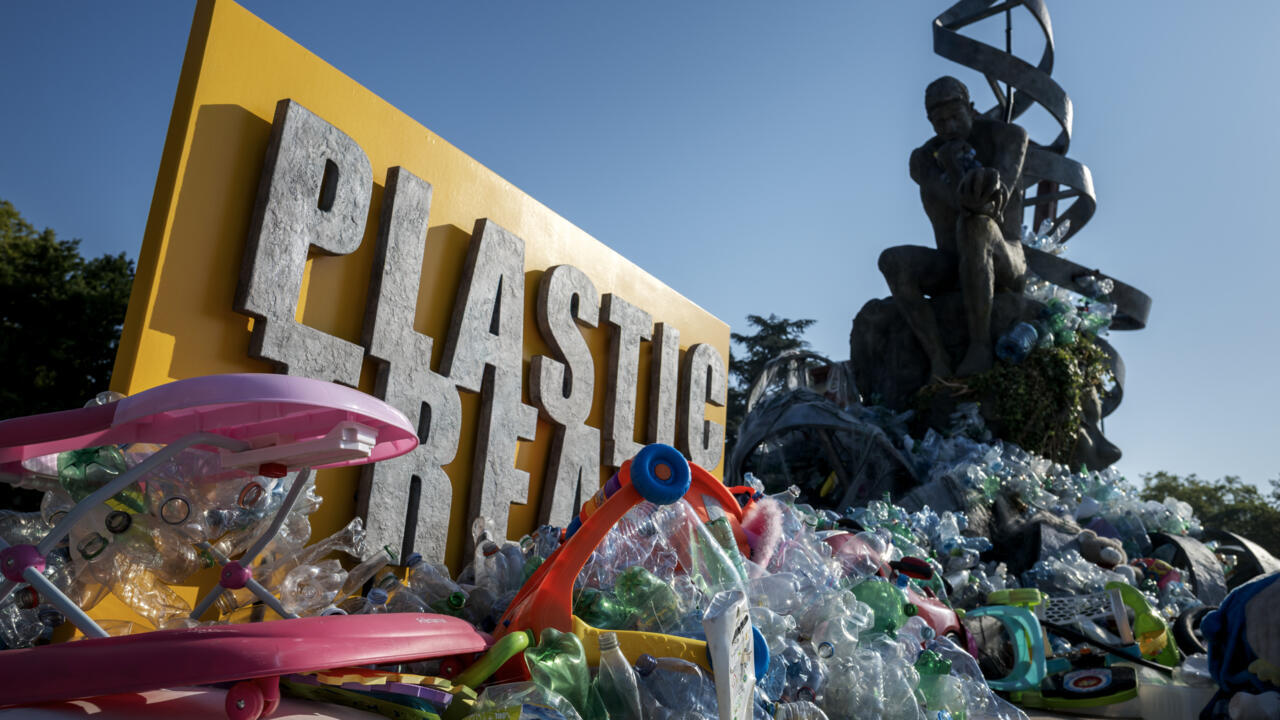News Flash
News Flash

GENEVA, Aug 13, 2025 (BSS/AFP) - Negotiators from 184 countries remained
riven Wednesday on how to curb plastic pollution, less than 36 hours before
they were slated to deliver a binding global treaty.
Diplomats are "at the edge of a cliff," one official observer told AFP.
Dozens of ministers have arrived in Geneva to try to break the deadlock as
the 10-day talks hurtle towards a close, but widely divergent positions have
made the search for a so-called landing zone "very difficult", according to
Danish Environment Minister Magnus Heunicke.
A new draft of the treaty text, streamlined by the talks chair, is expected
later Wednesday, several sources told AFP. A plenary meeting to take stock of
where things stand is scheduled for 7:00 pm (1700 GMT).
The debate continues to pit the so-called "Like-Minded Group" of chiefly oil-
producing countries that refuse restrictions on the production of plastic --
a derivative of oil -- or certain chemicals thought to be harmful to health
against a much larger "high ambition" bloc that favours such measures.
David Azoulay, director of the environmental health programme at the Center
for International Environmental Law group, told AFP he expects the new
summary text to be "very weak" and a "lowest common denominator", falling
short of the treaty's purpose: resolving the global plastic pollution crisis.
"Negotiators are at the edge of a cliff," said Pamela Miller, co-chair of the
International Pollutants Elimination Network (IPEN), which has official
observer status.
The World Wide Fund for Nature's Eirik Lindebjerg fears last-minute
compromises will result in a "bad deal".
WWF has identified "more than 150 countries in favour of a ban on certain
plastics and toxic products, and 136 keen to strengthen the treaty over
time," he told AFP.
Graham Forbes, head of the Greenpeace delegation, echoed this sentiment,
telling AFP on Wednesday that "ministers must reject a weak treaty".
Other observers, however, suggested there was not enough attention given to
the industrial transformations required in producing countries for the talks
to succeed.
"Some are approaching the issue from the perspective of industrial policy,
international trade and market access but are not being listened to, while on
the other side they are talking about regulation, the environment and
health," Aleksandar Rankovic from The Common Initiative think-tank, told AFP.
"It can't work."